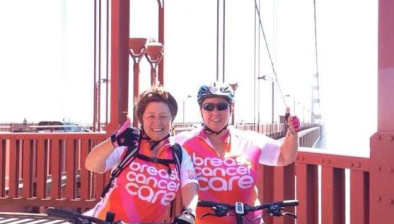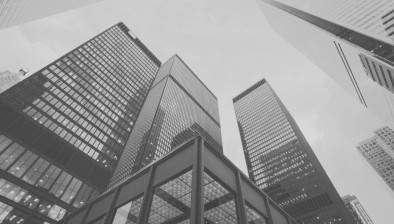Bield pledges to reach net zero by 2045

Liz Peacock
Housing and care specialist Bield has launched an Energy Management and Environmental Sustainability policy with a commitment to reduce its carbon footprint by 90% and reach net zero by 2045.
The policy outlines the actions Bield will take to reduce CO2 emissions across its 5,000+ properties and how it will integrate sustainability into its day-to-day operations.
It commits to developing, investing in and providing sustainable homes which adhere to environmental standards and ensuring that environmental impacts are minimised both during and post-construction.
A commitment to innovation and adopting environmentally friendly designs, renewable energy and smart technologies will help to reduce energy costs and will be incorporated into design practice for new and existing properties and offices.
The policy recognises that many of Bield’s properties are around 40 years old and do not meet current standards on insulation levels, efficient heating and heating control, all of which makes it difficult and expensive to retrofit.
However, the organisation pledges to integrate energy efficient and sustainable measures at all stages of new-build and redevelopment projects.
A “Fabric First” approach has already been adopted across Bield’s operations to maximise the performance of the components and materials that make up building fabric, before considering the use of mechanical or electrical building service systems.
Going forward, steps will be taken to reduce the amount of carbon embodied in the construction process and all assets will take into account changing weather patterns (including intense rainfall, wind, storms and overheating) and be monitored to ensure they achieve optimum performance.
House types and gardens will include nature-friendly features to enhance biodiversity and habitat creation, while procurement processes will be improved to maximise the use of locally sourced materials and reduce transport costs.
The policy looks comprehensively at how Bield will make best use of energy and water, reduce waste and promote recycling wherever possible.
Recognising that travel and transport is one of the largest contributors to climate change, Bield will provide advice to customers and colleagues on more sustainable travel options; including incentivised car sharing, cycling, walking and use of public transport.
Liz Peacock, Bield’s head of development and sustainability, said: “Reducing demand for heat and improving the condition of our assets is one of the first steps we will take to achieve our net zero target.
“We recognise that the climate emergency is the issue of our era and are committed to reducing our environmental impact and behaving sustainably for the benefit of our existing and future customers and colleagues as well as the communities in which we live and work.
“Should we do nothing, we run the risk of penalties such as not being able to let properties, increasing fuel poverty and ultimately impacting on people’s health.”

Ron Mould and Marianne Campbell
To drive the organisation’s net zero objectives, Bield made two key appointments at the start of 2022. Net carbon manager, Ron Mould, and energy & sustainability manager, Marianne Campbell, both have extensive experience in the environmental and sustainability sector.
Ms Peacock added: “Ron and Marianne’s combined experience will be a useful asset in helping us meet the challenges ahead as we transition to a more ethically-responsible net-zero organisation. There will be big changes for us in the way in which we develop new sites, how we invest and how we operate overall as a business, but we relish the opportunity to make these changes.
“Our Energy Management and Environmental Sustainability policy will ensure we are socially responsible by providing vibrant and inspiring homes and offices, while positively influencing and adhering to legislation at local and national levels.
“Our customers are at the heart of this policy as providing warm, energy efficient homes which are affordable to heat does much more than reduce our carbon footprint – it also helps to reduce fuel poverty and promotes good health and wellbeing.
“We will be proactive in raising awareness amongst employees, customers and service users on energy and sustainability issues and seek their contribution to help deliver our aims and objectives.”







